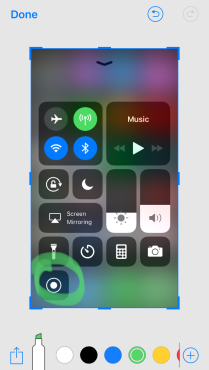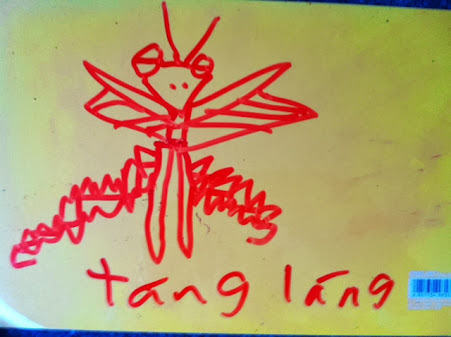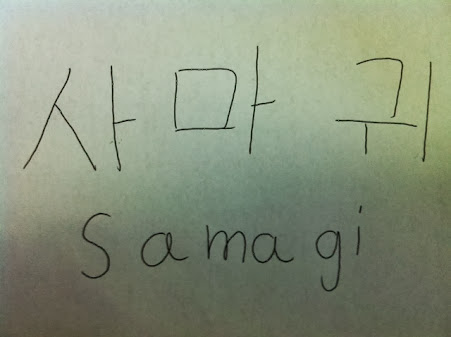This is something that I am sure that a lot of people are already know or are coming to the realisation of… as learners we need to take control of our own learning and not just wait for it come and find us. I would be a rich teacher if I had a dollar for every time I heard a teacher complain or state ‘That was irrelevant for me’ about school provided PD, and sometimes they are right, but if you ask them ‘Do you take time to learn things that are important to you and your teaching?’ they often look at you as if you are mad.
I have split personalising your learning into four categories based on my experiences and what I have observed (not very scientific, but hey does it matter 🙂 )
Instant
This is that thing we all do, often mid discussion when nobody remembers that name of the drummer of an 80s band or who was the director of ##### or any other obscure question that we need to know instantly… Google it. Although, most of my questions at work are more technical, such as what is the font that is used in Scratch, but there are FAQ and message forums to answer these questions.
Needs based
You have to do something and you not quite sure how. Now this is when we call on YouTube and we watch tutorials or we delve through Blogs of those that have gone before us. It is very rare that we want to do something that has never been done before so why reinvent the wheel when someone has made a video that shows you how to make one in a thousand different ways.
Medium Term
This is where the learning transfers from that instant need to know to when you want to make yourself a better educator and need some help. It takes a bit more thinking and planning. Online Courses or MOOCS (Massive Open Online Courses) cover a mass of topics – not all are good, but some are amazing. You have the choice to pay for the certificate at the end for a minimal fee, but are able to partake at no cost (if you don’t want the PDF). Just recently I completed an EdX course that was run by MIT on  Launching Innovation in Schools, which challenged me throughout and made me think deeply about my practice and vision for Education. Microsoft Education offers countless courses for free (and you get a pretty badge at the end) – the Mindstorms Robotics courses that have 6 hours of course time are incredibly comprehensive and will help any teacher trying to get their head around using the EV3. Lastly there is my favourite of the online courses that I have completed in the past year – Google Teacher Certification. I found the Google Educator course to be the most robust. The exam at the end was challenging and if you fail you must wait a set time period before resitting (Luckily I passed level 1, but I’m yet to face the challenge of level 2).
Launching Innovation in Schools, which challenged me throughout and made me think deeply about my practice and vision for Education. Microsoft Education offers countless courses for free (and you get a pretty badge at the end) – the Mindstorms Robotics courses that have 6 hours of course time are incredibly comprehensive and will help any teacher trying to get their head around using the EV3. Lastly there is my favourite of the online courses that I have completed in the past year – Google Teacher Certification. I found the Google Educator course to be the most robust. The exam at the end was challenging and if you fail you must wait a set time period before resitting (Luckily I passed level 1, but I’m yet to face the challenge of level 2).
Dedicated
Now this is the one that I have yet to attempt and not sure if I ever will. This is the one that bumps you up the pay scale, prepares you for leadership, gives you a few extra letters after your name and can suck the life from you for years (so I’ve been told). I have known many to go back to school/university and partake in a Masters Degree or even higher to a Doctorate. This is for the most dedicated. The ones who love the challenge of late night forum entries and essay deadlines. It is not for me, but is for many.
So, after all these ramblings I only challenge to take learning into your own hands. Do not wait for it to come to you. Think about where you want to learn more or what you think you might want to learn and dedicate some time and brain power. Only you can make yourself a better educator, so now is a good time to start.



 that has always annoyed me about an iPad has been sorted – the ability to screen record. Previously you would need to mirror your iPad, but now in the Control Center you just tap an icon and the screen recording begins – interestingly it records the sounds off the iPad, such as key clicks and app sounds, but does not record any background sounds.
that has always annoyed me about an iPad has been sorted – the ability to screen record. Previously you would need to mirror your iPad, but now in the Control Center you just tap an icon and the screen recording begins – interestingly it records the sounds off the iPad, such as key clicks and app sounds, but does not record any background sounds.

 3 are using the offline editor and are learning to make instruments play a tune or making balls bounce around the screen and play a recorded sound when they collide. Year 4-6 are making playable video games and now beginning to realise that they are able to create games in their own time (such as the final
3 are using the offline editor and are learning to make instruments play a tune or making balls bounce around the screen and play a recorded sound when they collide. Year 4-6 are making playable video games and now beginning to realise that they are able to create games in their own time (such as the final  game).
game).






















